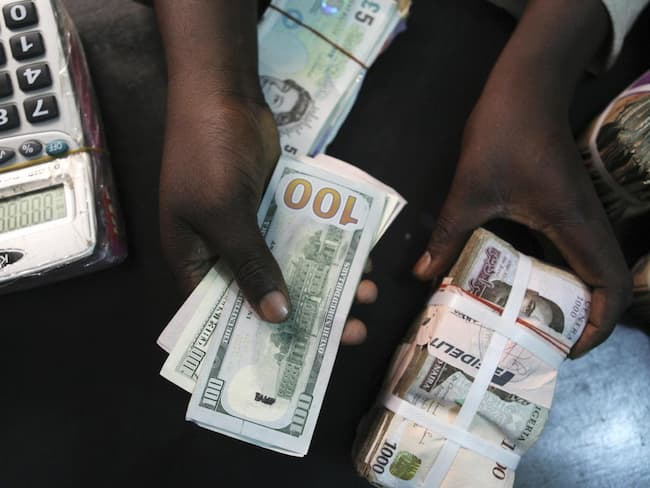Short-term interest rates continued to climb in the money market due to ongoing liquidity pressure within the financial system. Although there have been outflows from auctions conducted by the apex bank, inflows from maturing instruments have remained limited.
Significant amounts have been withdrawn for FX auctions and the sale of Nigerian Treasury bills to local deposit money banks, which typically invest in short-term securities. These and other related outflows have kept the liquidity balance in the negative for an extended period.
As a result, several authorized dealer deposit money banks faced liquidity shortfalls, prompting market participants to seek funding through the Central Bank of Nigeria’s (CBN) Standing Lending Facility (SLF).
This decision kept interbank rates elevated in the double-digit range ahead of anticipated inflows from Federal Account Allocations, with no additional payment receipts from maturing instruments.
Following the apex bank’s removal of restrictions on banks accessing liquidity through its standing lending facility at a high rate, local deposit lenders have begun to utilize this option to bridge funding gaps.
Yesterday, Nigerian interbank borrowing rates increased across all tenors, reflecting a weakened liquidity balance in the financial system, as noted in an emailed update from Cowry Asset Limited.
Data from the FMDQ platform indicates that the open repo and overnight lending rates remained in the double digits, largely due to a lack of significant inflows to stabilize the financial system.
The open repo rate increased by 17 basis points to approximately 31.45%, while the overnight lending rate rose by 27 basis points to settle at 31.83%, according to reports from various investment banking firms.
Meanwhile, the Nigerian Interbank Treasury Bills True Yield showed a general downward trend across all maturities. Consequently, the average secondary market yield for T-bills increased by 0.45%, reaching 18.63%, driven by sell-side sentiment.











